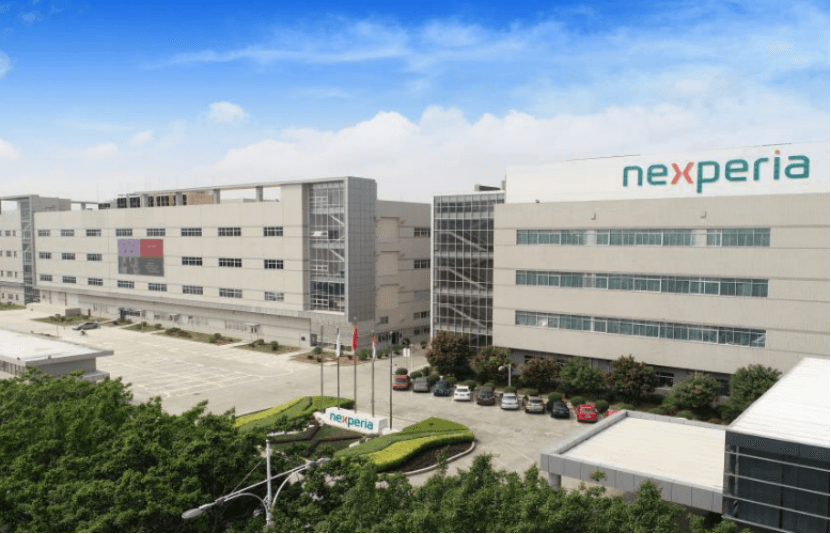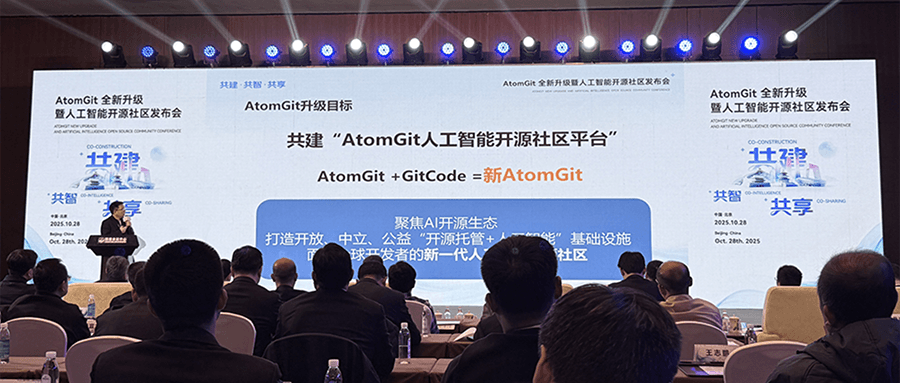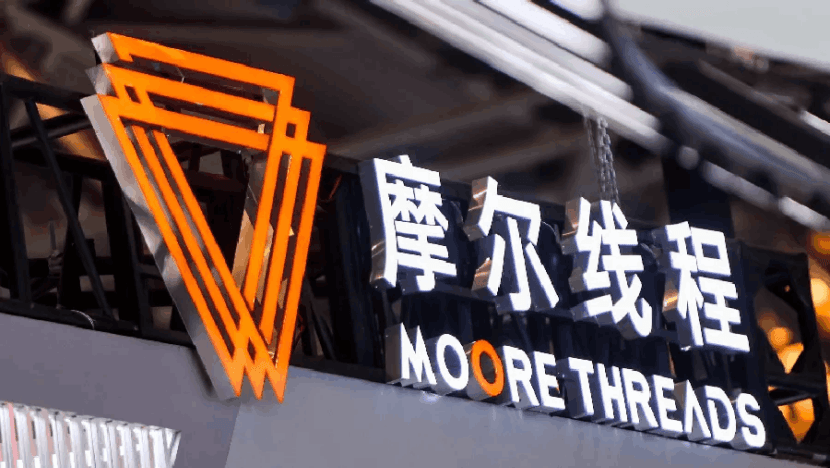
Featured Story
Alibaba Launches Robotics and Embodied AI
Alibaba Group has set up a dedicated Robotics and Embodied AI team, signaling its entry into the fast-growing race among global tech giants to bring artificial intelligence into the physical world.

News
Xiaomi Responds to Incident of Car Reportedly Driving Off on Its Own

AI
Afari Technology Unveils AI Plan and New Brand

Industry
ByteDance’s Doubao Translation Model Supports 28 Languages, Performance Comparable to GPT-4o
ByteDance debuts Doubao translation model: two-way across 28 languages, performance comparable to GPT-4o, with fluent output and 4K context.

WAIC2025
Zhipu AI Launches GLM‑4.5, an Open-Source 355B AI Model Aimed at AI Agents
Chinese startup Zhipu AI (now rebranded as Z.ai) has open-sourced its new flagship model GLM‑4.5, a 355-billion-parameter foundation AI model. The July 28 ann...
WAIC2025
China Proposes “World AI Cooperation Organization” at WAIC 2025
Shanghai, July 28, 2025 – At the 2025 World Artificial Intelligence Conference (WAIC) in Shanghai, the Chinese government announced an initiative to establish a...
Latest News
Harmony Intelligent Mobility Alliance Sets Two New Records in October
Harmony Intelligent Mobility Alliance announced that in October 2025, the company achieved a record-breaking monthly delivery of 68,216 vehicles, marking the highest single-month delivery volume in its history.
AI Expert Zhou Shuchang Joins XPENG Motors as Senior Director of Autonomous Driving Algorithms
AI expert Dr. Zhou Shuchang, a founding team member of StepFun, has officially joined XPENG Motors as Senior Director of Autonomous Driving Algorithms, reporting directly to Liu Xianming, Head of Autonomous Driving at XPENG. AI expert Dr. Zhou Shuchang, a founding team member of StepFun, has officially joined XPENG Motors as Senior Director of Autonomous Driving Algorithms, reporting directly to Liu Xianming, Head of Autonomous Driving at XPENG.
Nexperia China Issues Statement on Wafer Supply Disruption
In a statement released on November 2nd, Nexperia Semiconductor China Co., Ltd. informed customers that “Nexperia Netherlands has unilaterally decided to stop supplying wafers to the Dongguan-based assembly and testing facility (ATGD) starting October 26, 2025.”
NIO CEO William Li Responds to “When Will NIO Collapse?” Question: “We Must Be Profitable in Q4”
NIO CEO William Li addressed growing doubts about the company’s future, insisting that achieving profitability in Q4 is non-negotiable. Li reaffirmed confidence in NIO’s operations and EV market prospects as the automaker reports record deliveries and narrowing losses.
Record-Breaking Speed: Shenzhou-21 Crewed Spacecraft Docks with China’s Space Station in Just 3.5 Hours
China’s Shenzhou-21 spacecraft set a new record, completing an autonomous docking with the nation’s space station in just 3.5 hours. The mission also carried China’s first mammalian specimens—four mice—into orbit for scientific experiments.
Li Auto Recalls 11,411 MEGA Vehicles Over
Li Auto proactively recalls 11,411 MEGA vehicles due to coolant corrosion risks potentially leading to battery thermal runaway, linked to
New AI Community Launches with Full Support for Domestic GPUs and NPUs
China launches its next-gen open-source AI community AtomGit, integrating models, data, and domestic GPU/NPU power to build an open, full-stack AI ecosystem.
Moore Threads'Sci-Tech Board IPO Approved, Set to Become China's First Domestic GPU Stock
China’s GPU maker Moore Threads secures approval for its STAR Market IPO, set to become the country’s first domestic GPU stock.
Featured News
Stay Updated
Get the latest China tech news delivered to your inbox








